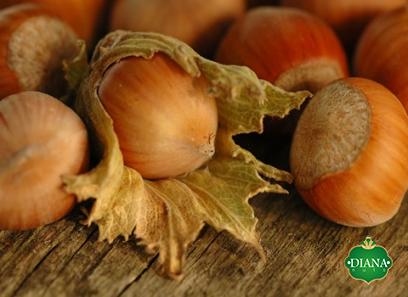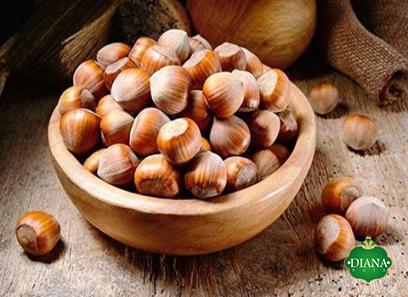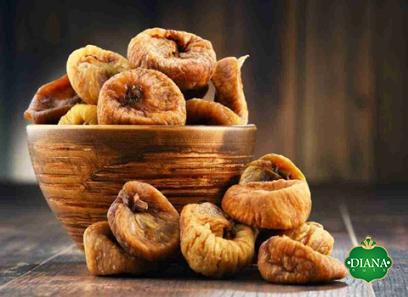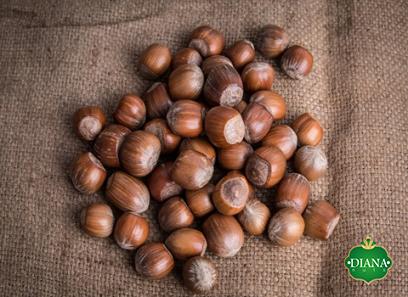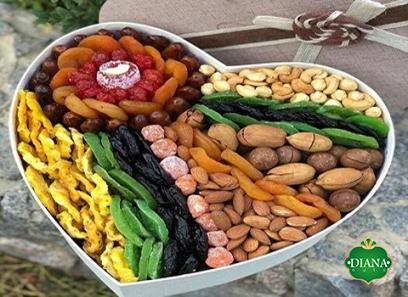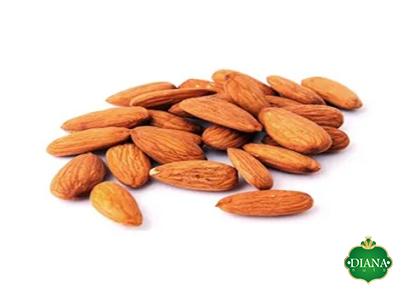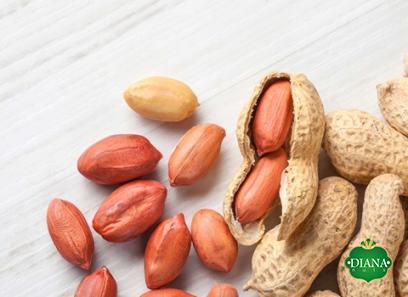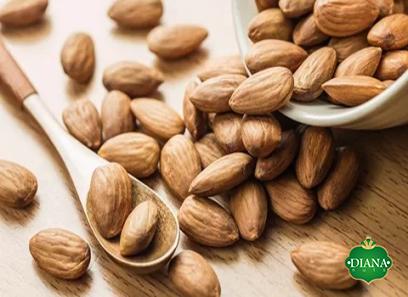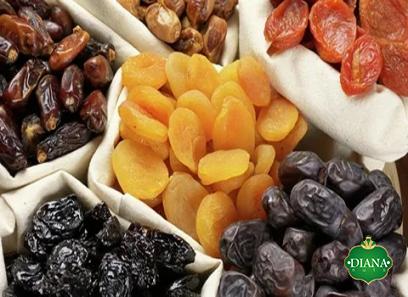Cashew pieces are one of the most popular snack options worldwide due to their delicious taste, nutritional value, and versatility in various recipes. The demand for cashew pieces has led to the growth of a thriving wholesale market, catering to both domestic and international consumers. This summary explores the cashew pieces wholesale market, including its characteristics, key players, sourcing process, distribution channels, pricing factors, and trends.
The cashew pieces wholesale market is a vibrant and competitive industry, driven by the increasing popularity of cashew nuts as a healthy and convenient snack. Wholesalers play a vital role in meeting the demand for cashew pieces by procuring large quantities of raw cashews, processing them into smaller pieces, and distributing them to retailers, restaurants, and food manufacturers.
Key players in the cashew pieces wholesale market include wholesalers, processors, brokers, and exporters. Wholesalers typically have extensive networks of suppliers to ensure a steady supply of high-quality cashews. They also invest in advanced processing facilities to efficiently process the cashews into different size grades, including pieces.
The sourcing process for cashew pieces begins at the raw cashew nut farms, primarily located in tropical regions such as Africa, Asia, and South America. Wholesalers collaborate with farmers, cooperatives, or intermediaries to ensure a consistent supply of raw cashew nuts. Factors such as quality, traceability, sustainability, and fair trade practices are crucial considerations in the sourcing process.
Once the raw cashew nuts are procured, they undergo an extensive processing procedure to convert them into cashew pieces. This process involves shelling, roasting, and breaking the cashews into smaller pieces through specialized equipment. Quality control measures are implemented at each stage to ensure the final product meets the required standards.
Distribution channels for cashew pieces wholesale vary depending on the target market and customer preferences. Wholesalers often utilize a combination of direct sales, online platforms, distributors, and partnerships with retailers and food service providers to reach their customers. With the advent of e-commerce, many wholesalers now have dedicated online platforms to facilitate easy ordering and swift delivery.
Pricing factors for cashew pieces in the wholesale market are influenced by several key elements. These include the cost of raw cashew nuts, processing and packaging expenses, supply-demand dynamics, market competition, transportation costs, and any additional certification or quality standards required by customers. Cashew pieces’ prices are also influenced by global factors such as foreign currency exchange rates and regional trade policies.
Furthermore, several notable trends have emerged in the cashew pieces wholesale market. One significant trend is the increasing demand for organic and sustainably sourced cashew pieces. Consumers are becoming more conscious of the environmental impact of their food choices, leading to a rise in demand for products that align with their values. Wholesalers are adapting to this trend by offering a range of certified organic and sustainably sourced cashew pieces.
Another trend in the wholesale market is the diversification of cashew pieces as an ingredient in various cuisines. Cashew pieces are widely used in baking, cooking, snacking, and as a topping for salads, desserts, and stir-fries. Wholesalers are capitalizing on this trend by offering customized products such as flavored cashew pieces, spiced varieties, and value-added blends.

The cashew pieces wholesale market is expected to continue its growth trajectory in the coming years, driven by increasing consumer awareness of the health benefits and versatility of cashew pieces. Wholesalers will need to adapt to changing customer preferences, invest in advanced processing technologies, implement sustainable practices, and forge strategic partnerships to remain competitive in this dynamic market.
In conclusion, the cashew pieces wholesale market is a thriving industry, driven by the popularity of cashew nuts as a snack and ingredient. Wholesalers play a crucial role in procuring, processing, and distributing cashew pieces to meet the growing demand of consumers worldwide. As the market evolves, wholesalers must stay ahead of trends, ensure product quality, and embrace sustainability practices to remain competitive in this lucrative industry.Cashew Pieces Wholesale: A Lucrative Business Opportunity
Introduction
Cashew pieces have gained immense popularity worldwide as a healthy and versatile snack option. This has led to a growing demand for cashew pieces wholesale, creating an opportunity for entrepreneurs and investors in the cashew industry. In this article, we will delve deeper into the cashew pieces wholesale market, exploring key business aspects such as market analysis, sourcing strategies, distribution channels, pricing factors, marketing tactics, and future trends.
1. Market Analysis
Analyzing the cashew pieces wholesale market is crucial for understanding its potential and identifying target customers. The market analysis should encompass factors such as geographical demand, consumer preferences, competition, and market trends. Researching and segmenting the market will help wholesalers tailor their products and marketing strategies accordingly.
2. Sourcing Strategies
In order to maintain a consistent supply of high-quality cashew pieces, wholesalers need to establish effective sourcing strategies. This involves developing relationships with cashew farmers, cooperatives, or intermediaries in cashew-producing regions. Wholesalers should prioritize factors such as quality, traceability, sustainability, and fair trade practices when selecting their suppliers.
3. Quality Control Measures
Implementing comprehensive quality control measures throughout the processing and packaging stages is crucial for wholesalers. This ensures that the cashew pieces meet the required standards and maintain their freshness. Quality control processes should include regular inspections, adherence to food safety regulations, and testing procedures for factors such as moisture content, color, taste, and texture.
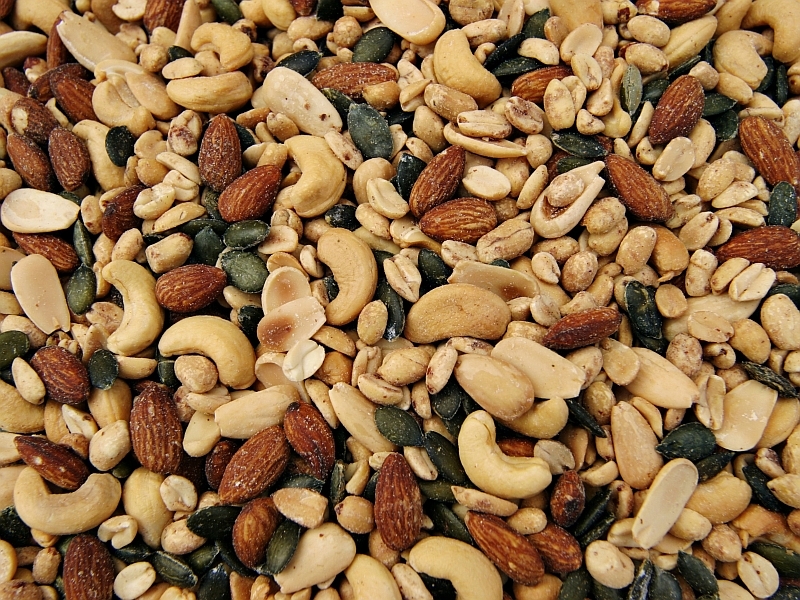
4. Distribution Channels
Choosing the right distribution channels is vital for wholesalers to effectively reach their target market. This can involve a combination of direct sales to retailers, partnering with distributors, online platforms, and collaborations with food service providers. Wholesalers should consider factors such as cost, speed, reliability, and customer preferences when selecting their distribution channels.
5. Pricing Factors
Determining the pricing for cashew pieces involves considering various factors such as the cost of raw cashews, processing and packaging expenses, market demand and competition, transportation costs, and any additional certification or quality standards required by customers. Wholesalers should conduct thorough cost analyses and market research to set competitive prices while ensuring profitability.
6. Marketing and Branding
Effective marketing and branding strategies are essential for wholesalers to stand out in the competitive cashew pieces wholesale market. This involves creating a strong brand identity, developing a compelling value proposition, establishing a robust online presence through social media and websites, and leveraging promotional activities such as attending trade shows and industry events.
7. Customer Relationship Management
Building and maintaining strong relationships with customers is key to long-term success in the cashew pieces wholesale business. Wholesalers should prioritize excellent customer service, responsiveness, and timely delivery. Establishing clear communication channels and addressing customer feedback and concerns in a timely manner can help build trust and loyalty.
8. Product Innovation and Diversification
To stay ahead in the ever-evolving market, wholesalers should focus on product innovation and diversification. Offering a range of cashew pieces that cater to different tastes, dietary preferences, and culinary applications can attract a wider customer base. This can include flavored cashew pieces, spiced varieties, organic and sustainably sourced options, and value-added blends.
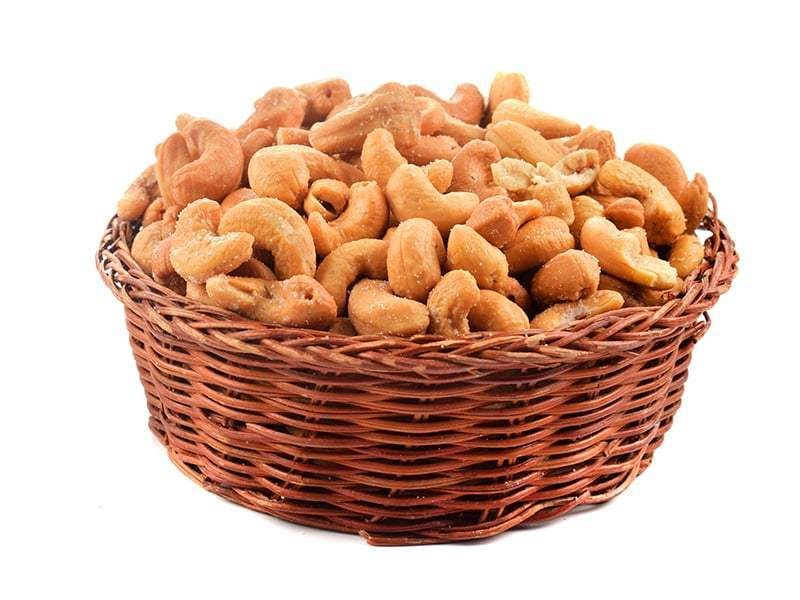
9. Quality Packaging
Investing in attractive and functional packaging is crucial for wholesalers in the cashew pieces business. Eye-catching packaging designs that highlight the product’s quality, nutritional benefits, and unique selling points can help draw customer attention. Additionally, using packaging materials that ensure product freshness and proper storage can extend the shelf life of cashew pieces.
10. International Expansion
The global demand for cashew pieces presents an opportunity for wholesalers to expand their business into international markets. This requires thorough market research, understanding regulatory requirements and import/export procedures, and building relationships with potential overseas customers and partners. Wholesalers should also consider market-specific factors such as cultural preferences, local regulations, and pricing dynamics.
11. Sustainability and Ethical Practices
In recent years, consumers have become more conscious of the environmental and social impact of their food choices. Wholesalers should prioritize sustainable sourcing practices, such as supporting fair trade initiatives, promoting organic farming methods, and minimizing waste during processing and packaging. Communicating these sustainability efforts to customers can enhance brand reputation and attract environmentally conscious consumers.
12. Future Trends
The cashew pieces wholesale market is expected to witness several trends in the coming years. This includes the rise of plant-based diets, increased demand for organic and sustainably sourced products, the incorporation of cashew pieces in diverse recipes, and the utilization of innovative processing techniques. Wholesalers who stay abreast of these trends and adapt their business strategies accordingly will have a competitive edge in the market.
Conclusion
Cashew pieces wholesale presents a lucrative business opportunity for entrepreneurs in the cashew industry. However, succeeding in this competitive market requires thorough market analysis, effective sourcing strategies, quality control measures, well-planned distribution channels, competitive pricing, marketing tactics, and a focus on sustainability. By embracing these key business aspects and staying ahead of future trends, wholesalers can position themselves for success in the cashew pieces wholesale market.

